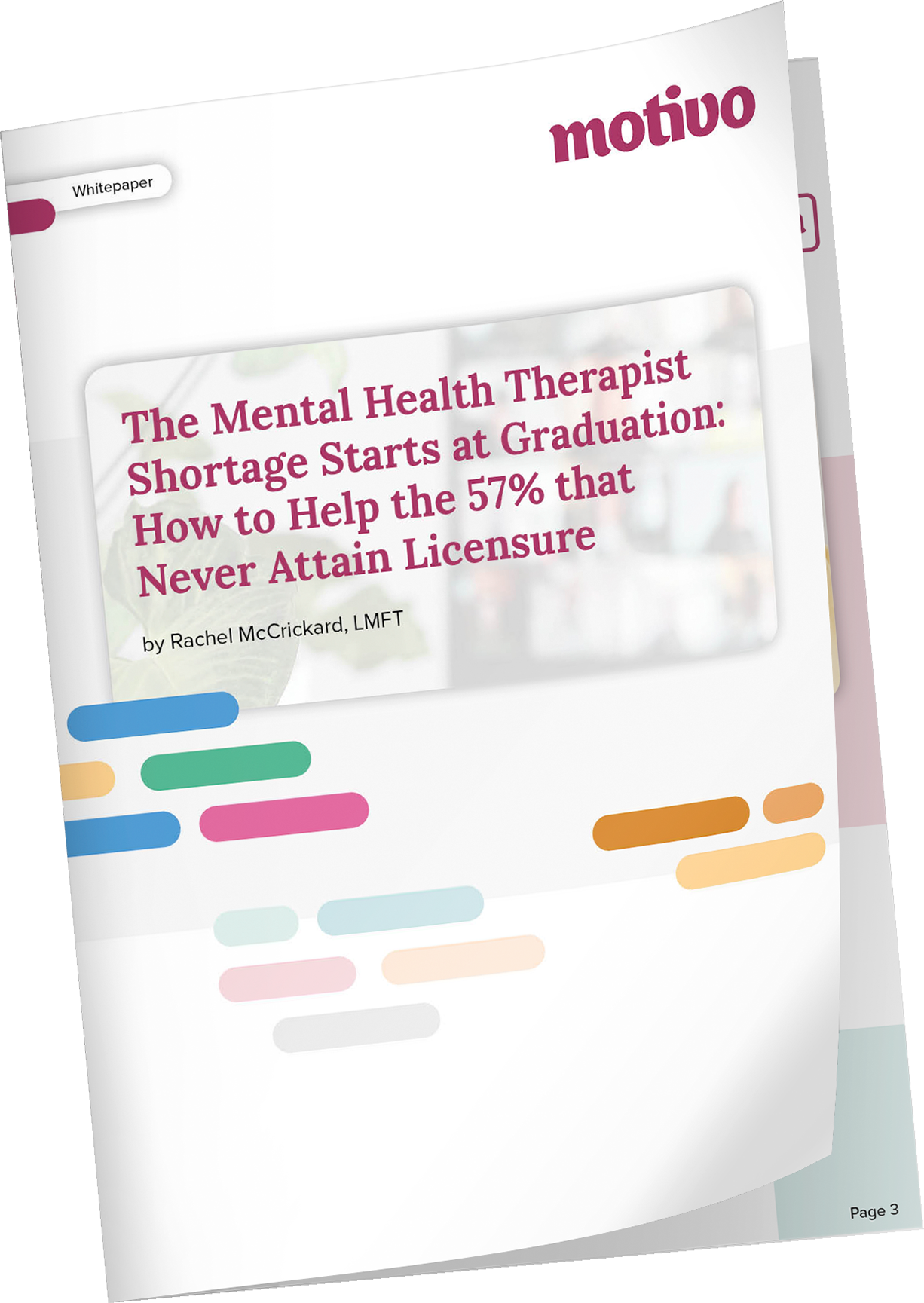APRIL 4, 2022

Rachel McCrickard, LMFT
From our Founder
Each week, our founder, Rachel, writes about her learnings and reflections in our newsletter, Mondays with Motivo. Sign up below to receive it in your inbox.
Thoughts on regret
April 4, 2022
|
By: Rachel McCrickard
Hi friends!
A couple of weeks ago, I listened to this Armchair Expert episode with New York Times bestselling author, Daniel Pink. Dax and Monica interviewed Daniel about his recent book, “The Power of Regret: How Looking Backward Moves Us Forward.”
It was a powerful episode that has stuck with me all week. Daniel believes, and his research has shown, that regret is our most common negative emotion. He also shares that regret is an emotion most of us have not learned how to deal with effectively.
As I think about the world around me, it’s clear that our emotions are a bit on edge right now. After two years of a global pandemic, an unprovoked war in Ukraine, and the rights of marginalized groups coming under fire, it makes sense that a lot people are in pain.
I’ve noticed this also in myself lately – that my emotions are more tender, that there is some pain and emotional fatigue that lives just beneath the surface, that it takes me a bit a longer to get to a place of clarity and perspective right now.
There have been a number of times recently that I’ve felt regret – either for something hurtful I said to someone I care about, rudeness or impatience I expressed toward a stranger, or harm that I caused another person through my actions.
Intense feelings of regret almost always follows.
In the aftermath, it’s amazing to me how quickly I jump to justifying my actions, or holding on to the area where I felt right, or making assumptions without the full context.
Daniel’s words about regret being one of the most difficult emotions to learn how to deal with really resonated with me.
Regret is uncomfortable. For me, it brings up shame, guilt, and disappointment. It makes sense to want to avoid feelings like this, doesn’t it?
However, in Daniel’s book he points out that regret provides us with a powerful opportunity for growth. Because of the intensity of the negative emotions regret brings up, it can propel us toward a change in future behavior.
Daniel says, “Regrets make us better. If we deal with them properly, they are one of the most powerful forces we have for learning, for sharpening our decisions, for improving our performance on a variety of tasks, for finding meaning.”
Daniel goes on to say that doing something about regret requires courage. He says, “Courage is looking our regrets in the eye and doing something about them.”
Getting it right 100% of the time is, obviously, impossible so I know that there will be more times in the future that I will say or do something I regret. When that happens, I hope I remember and reflect on Daniel’s words and use the uncomfortable feeling as a catalyst for learning, change, and growth.
How does the idea of regret land with you today? If you have any thoughts or reflections that come to mind, I’d love to hear them!
Warmly,
Rachel
Rachel McCrickard
CEO + Founder
Motivo

